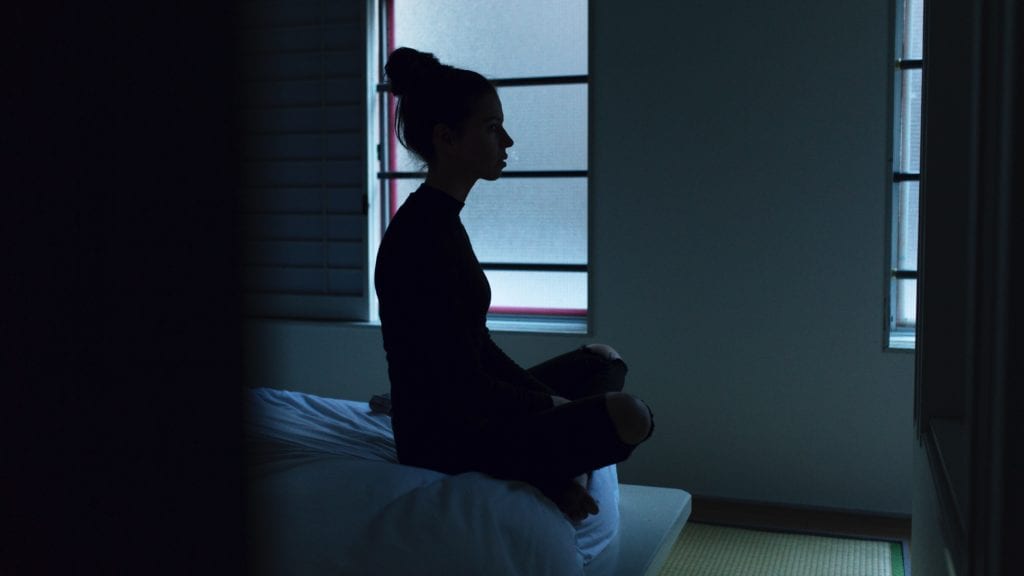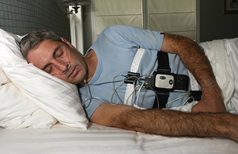Zhous Hypoxicology Therapy and Sleep Apnea
Zhous Hypoxicology Therapy and Sleep Apnea
Sleep deprivation is one of the most common disorders affecting on fourth of all Americans. The group of people most prone to the symptoms and effects of sleep deprivation are late shift or night shift workers, which has been tellingly nicknamed the “graveyard shift.” You will find this nickname has been assumed for good reason once you understand the large range of adverse effects sleep deprivation has on late shift workers. Fortunately, there are steps one can take in order to thwart the negative effects of sleep deprivation and enjoy a healthier, safer lifestyle.
The first step to understanding sleep deprivation and its effects on the health and lives of late shift workers, you must have a working knowledge of how the natural sleep cycle in humans works. The human sleep cycle is actually dependent on the interplay of a number of factors. These factors include melatonin, a hormone which is secreted from the pineal gland in response to stimulation from the suprachiasmic nucleus within the brain. The suprachiasmic nucleus is in turn stimulated by photoreceptors which pick up non-image forming light that reaches the iris. Now that you understand the biological mechanisms behind wakefulness and sleep, you can apply this knowledge to why exactly people feel sleepy at night and awake during the day. Melatonin has a drowsiness inducing effect on the mind and body, and it is secreted when the light begins to dim naturally at the end of each day. If you were to block out the light of the sun during the day, and expose yourself to bright lights at night, you circadian rhythm would change to accommodate in a matter of days. Since the late shift worker is expected to stay awake when his or her body is secreting melatonin, it is logical to assume that they will feel drowsy and sleepy on the job. The way to thwart these effects are by utilizing bright lights in the work place, which should reduce and inhibit melatonin release, thus decreasing drowsiness.
While utilizing bright lights to help late shift workers stay awake may be effective at inhibiting drowsiness on the job, it will not prevent the negative effects of sleep deprivation because late shift workers still need at least 6 hours of sleep to stay healthy. It has been found that any amount less than four hours of sleep is not sufficient to sustain good human health.
Since late shift workers are working against the natural movement of the sun, it logically follows that they would benefit by inhibiting the suns effect on their biological clock. This can be accomplished by utilizing bright lights at work, as was mentioned earlier, and wearing sunglasses in the morning when leaving work for home. Once home, the late shift worker should attempt to sleep after blocking out as much light as possible from their sleeping environment and wearing eye blinds as well as earplugs. The closer one can get to a quite, dark night like environment, the better the body will be able to cope with the unnatural changes in circadian rhythm posed by working the night shift.
Many people may wonder why it is so important to achieve a decent amount of health maintaining sleep each and every day. It has been found that the propensity for accidents on the job is increased tremendously when employees are sleep deprived. This same propensity for accidents carries over to the drive home, where sleep deprived people are much more likely to be exposed to a life taking accident. Along with the possible death and work related accidents that can lead to bodily harm, the sleep deprived person is sluggish, irritable, and immune compromised. Sleep is the time during which the body replenishes its stores of necessary hormones and other products necessary for proper biological function. Without sleep, no one can live or enjoy life to the fullest. Since sleep deprived people are exposed to higher risks of death and injury, as well as disease, it is no wonder that these symptoms are commonly reported in people who work the night shift.
If you believe you are sleep deprived, or suffer from sluggishness, irritability, and the inability to stay awake, and especially if you work the night shift, there is a simple test you can perform to ascertain whether you are truly sleep deprived. This test can be carried out simply in any dark room with a place to recline. You only need to seclude yourself in a dark room with a reclining chair or bed and close your eyes. If you can stay awake for 15 minutes, you are not sleep deprived, but if you find yourself nodding off after only a matter of 5-10 minutes, you are most likely sleep deprived. It is important that this test is perform during the day or night when you are usually awake.
If you find you are sleep deprived, there are a number of steps you can take to improve the quality and amount of sleep you attain daily. Some have already been accounted for, and others include preventing yourself from napping during the day when you should be awake, and eating healthy foods including as much fresh fruit and vegetables as possible. Your internal chemistry has a powerful effect on your circadian rhythm, and your body attains proper balance through proper nutrition and sleep habits.
Zhous Hypoxicology Therapy and Sleep Apnea.
‘);for (i=0;i‘);}document.writeln(‘‘);for (i=4;i






